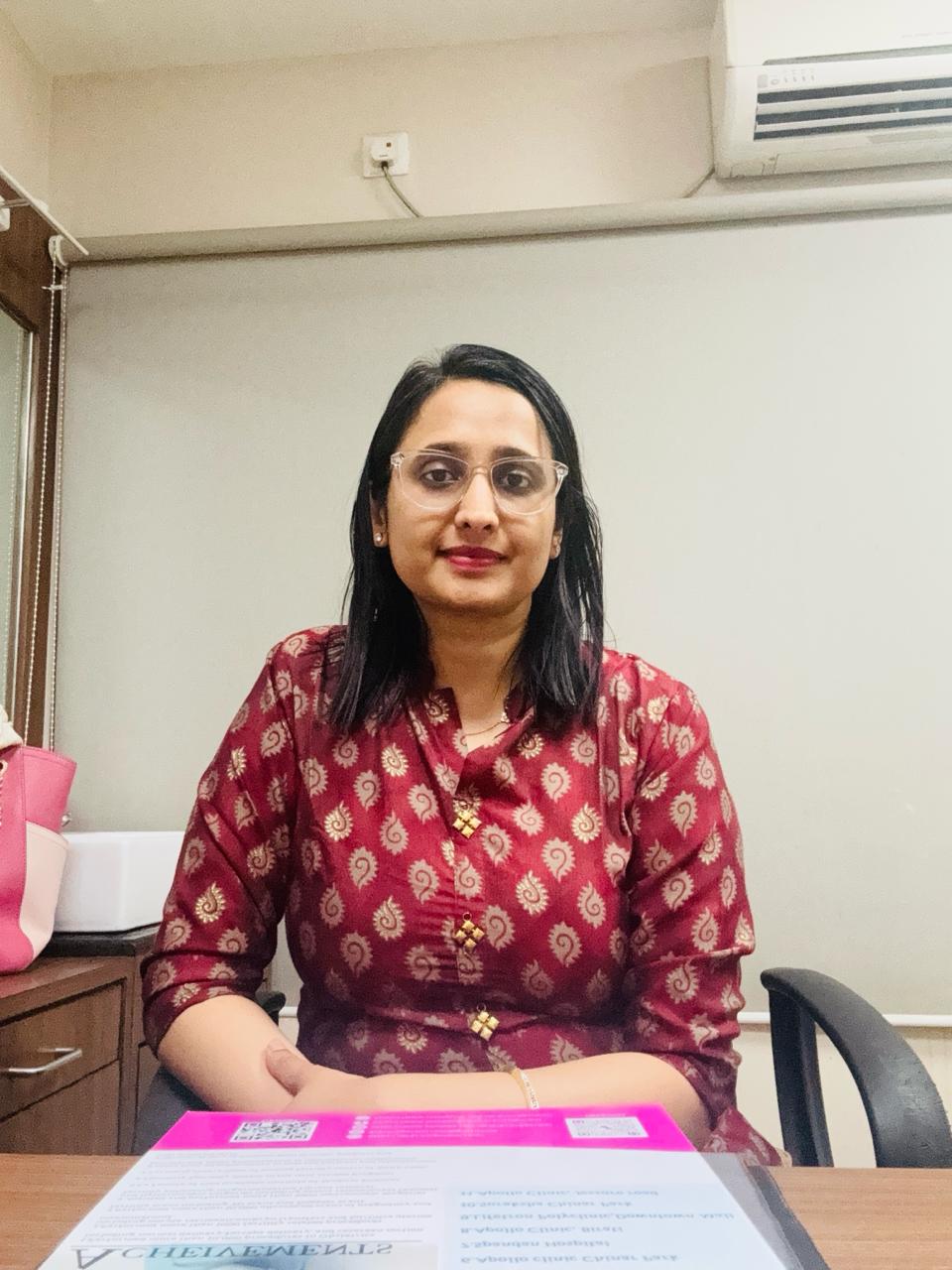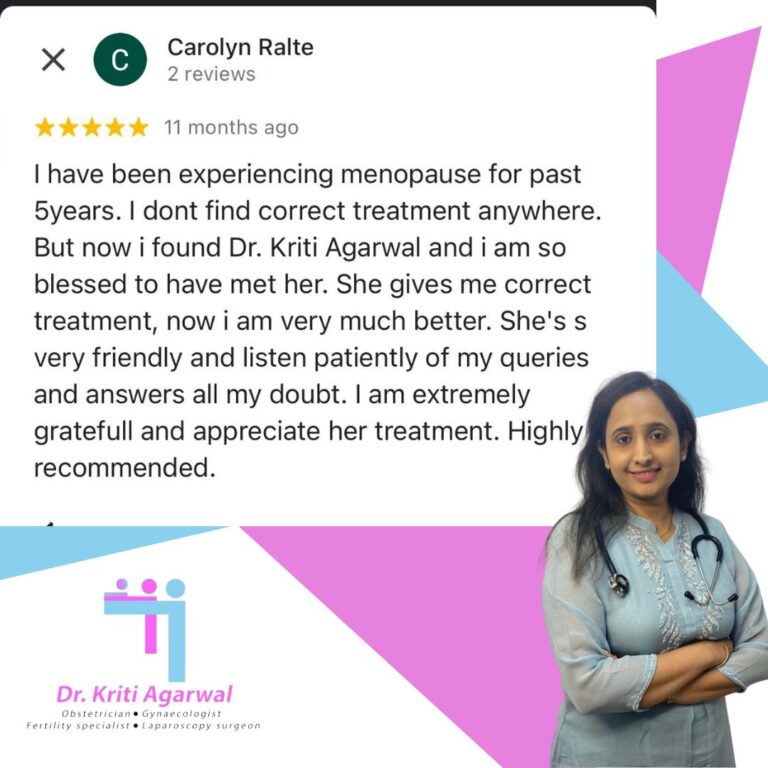Polycystic ovary syndrome (PCOS) is a common endocrine disorder that impacts almost two women out of 10. Although it is a common gynaecological disorder, it has generated worries in women because it impacts the individual during the childbearing age. The most unfortunate fact is that 50% of the women having this disorder go undiagnosed until they face difficulties during pregnancy.
To know the early symptoms of PCOS, book an appointment with an infertility specialist in Kolkata. They will help you with proper diagnosis and treatment. Here are a few commonly asked questions about PCOS that should be answered for a better treatment plan.
Five commonly answered questions about PCOS
What is PCOS?
PCOS is a condition that affects the female endocrine system, especially during reproductive years. Are you missing your periods often? Does your period last longer than 7 days? If yes, then it’s an early symptom of PCOS. A woman with PCOS produces an excess of androgen, insulin, and progesterone hormones. This leads to cysts in the ovary and hampers the ovulation process.
What are the early symptoms of PCOS?
Missed or delayed periods are the first signs of PCOS. However, other common signs are:
● Large of protruded ovaries with a lot of cysts around the same
● Facial and body hair growth
● Skin problems like dryness, acne and skin tags
● Excessive weight gains
● High pressure and sugar levels
How to diagnose PCOS?
Most infertility specialists prefer to use the Rotterdam criteria to assess PCOS. For a person suffering from PCOS, two of the three features need to match. The three prominent features are as follows:
● Irregular or delayed ovulation process
● High androgen levels after pathological tests
● Ovaries with more than one cyst
Does PCOS lead to infertility?
PCOS doesn’t need to cause infertility in women. You can conceive in natural ways even after being diagnosed with PCOS. However, if the ovulation is delayed or the cycle is completely hampered, you might face difficulty conceiving naturally. Under such circumstances, you need to contact an infertility specialist.
Why are birth control pills used to treat PCOS?
Most doctors and gynaecologists prefer prescribing oral contraceptive pills as the most common method for managing the hormonal disbalance that occurs during PCOS. It is a proven method that helps manage PCOS and control the heavy flow of periods. Moreover, these tablets help to reduce hair growth and control the acne that might be generated due to hormonal disbalance.
If you’re still in doubt, contact Dr Kriti Agarwal, one of the best infertility specialists in Kolkata, for more details. She will guide you on your PCOS problem and will chalk out the best treatment plan.




